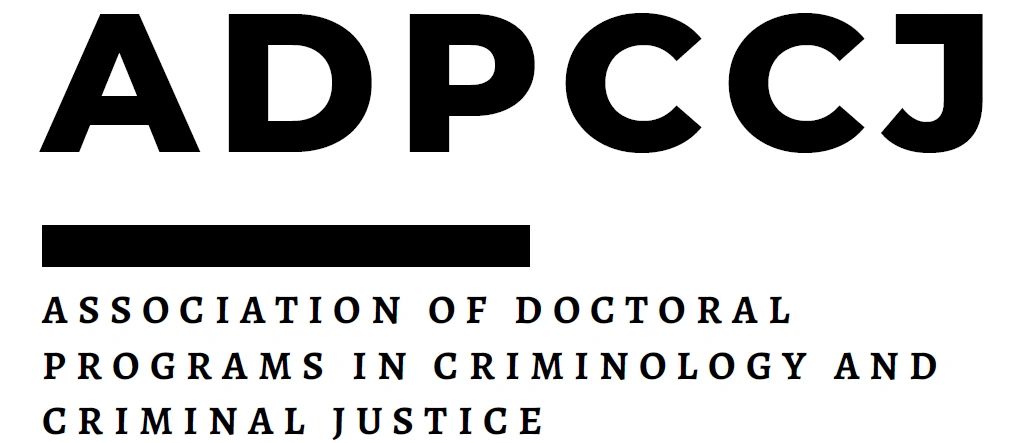The Association of Doctoral Programs in Criminology and Criminal Justice announces support for doctoral student dissertation research and professional development. Dissertation research examples (not exhaustive) include money for incentives, travel for research or data collection, and transcription services. Examples of professional development support include participation in an ICPSR workshop, attendance at a specialized workshop that focuses on a particular kind of software or statistical analysis, and acquisition of and training in a data set or a similar activity. Self-payment (i.e., salary) and conference travel are not supported.
Eligible applicants must have completed all coursework and be enrolled in a doctoral program represented in the ADPCCJ, as a current member in good standing, with annual dues paid. Monetary awards of up to $5,000 will be made to one or more applicants (but a more typical award is around $2000 – $3000 to multiple applicants). The Awards Committee may opt to provide only partial support for submitted proposals based on budgetary considerations and/or its assessment of the merits of a given proposal. Past recipients are ineligible for this award. Past applicants who did not receive funding are welcome to apply. Changes to approved plans for use of the monies after funding has been
awarded must be approved by the ADPCCJ executive board before the funds are spent.
Proposals should include the following materials, which should all be sent electronically as one PDF file to the ADPCCJ Gmail address (adpccjdocs@gmail.com). Applicants will receive an e-mail confirmation that we have received your application.
- Cover Page: Please use the one provided* AND complete the Google Form
- Application Proposal: A one- to two-page letter that details how the activities fit with the applicant’s research or dissertation work/goals and describes how the activities will enhance their academic career. Applicants should also indicate whether they would be willing to accept partial funding for their proposed activities, in the event that full funding is not available.
- Curriculum Vitae: A current vitae is required.
- Budget Proposal: A one-page document that details the specific costs of the project or professional development activity.
- Letter of Support: A supporting letter from your dissertation advisor. The letter of support should include a statement that indicates that university or departmental funds are not available to support such activities (or that only partial support is possible) and that the applicant has completed all coursework. Preference is given to proposals that are unlikely to find full support through other sources.
The applications will be ranked based on the following criteria:
- how well the application explains the need for funding;
- whether the professional development or research activities outlined in the funding request are clearly tied to dissertation work; and
- how methodologically sound the research project is based on:
- clarity and importance of the research question(s),
- strength of research design, potential impact, and
- applicant’s ability to complete the project.
*Please refer to the Funding Application Instruction Sheet for provided cover sheet and additional information
The application deadline for Spring Funding is October 15, 2024.

